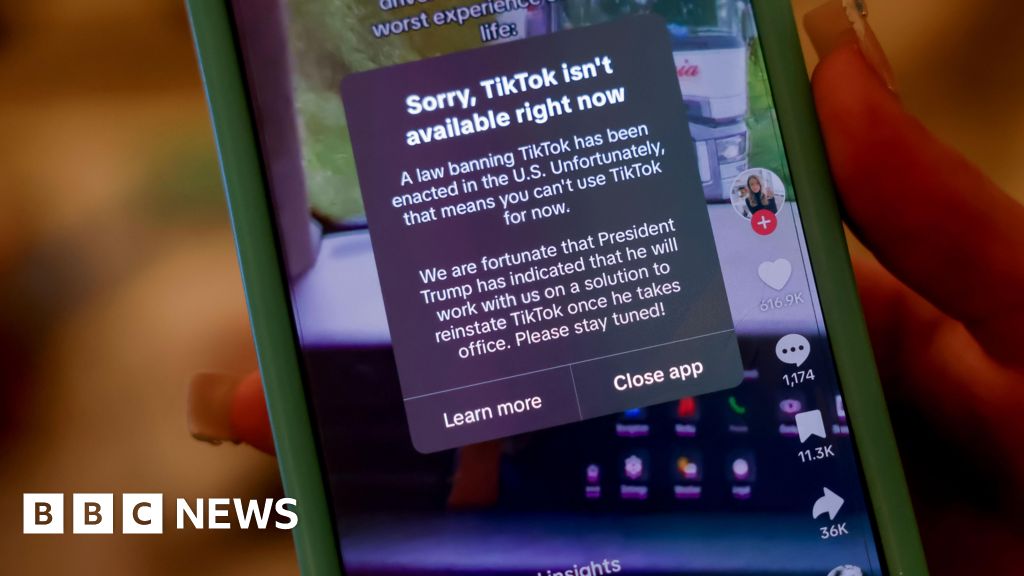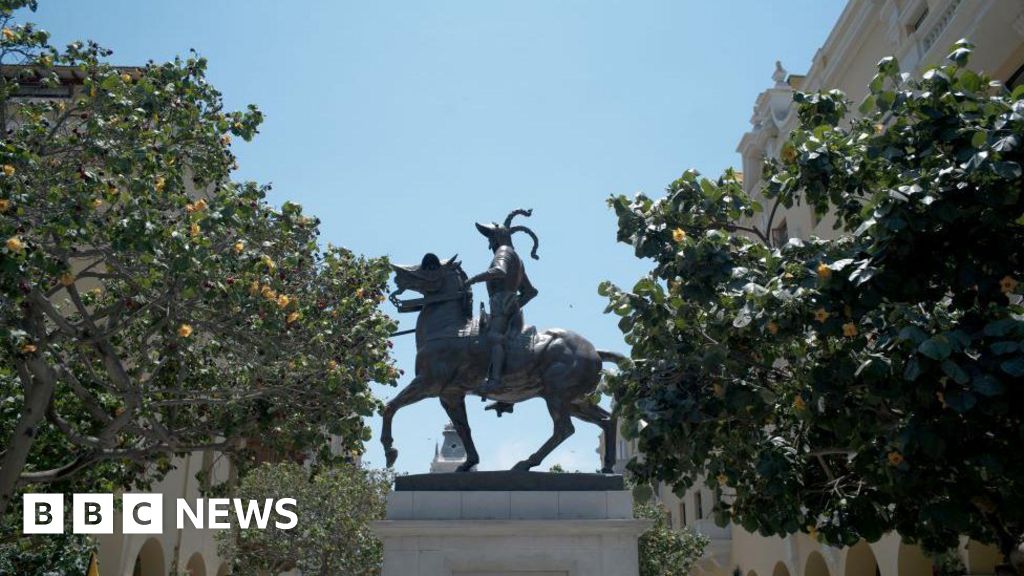ARTICLE AD BOX
How China reshaped Hong Kong ahead of elections
China has hit back at criticism from Western nations over the Hong Kong election, accusing them of interfering in its affairs.
Hong Kong's legislature vote on Sunday saw more than 90% of the seats available go to pro-Beijing candidates.
Prior to the vote China had made sweeping changes to Hong Kong's electoral system, including a rule that allowed Beijing to vet candidates.
Several nations said the poll had eroded democracy in Hong Kong.
On Monday, following the results of the poorly-attended election, the foreign ministers of the UK, US, Canada, Australia and New Zealand said China's new rules had "eliminated any meaningful political opposition".
"Since the handover, candidates with diverse political views have contested elections in Hong Kong. This election has reversed the trend," said the group, also known as the Five Eyes alliance.
Separately the G7 group of developed nations and the European Union also expressed concern. The G7 urged Beijing to end the "unwarranted oppression of those who promote democratic values and the defence of rights and freedoms".
On Tuesday morning, China's embassy in Australia responded with condemnation. It accused the Five Eyes nations of "reversing the truth" and attempting to "meddle in Hong Kong politics, interfere in China's internal affairs and hinder China's developments".
"Hong Kong is China's Hong Kong," it said, adding that Beijing and Hong Kong authorities "know best how to securethe prosperity and stability of Hong Kong".
It also defended the election as saying it had been "fair, equitable, open" for all voters and was "supported by all communities of Hong Kong society".
Just 30.2% of Hong Kong's registered 4.2 million voters showed up to the poll on Sunday, the lowest turnout in decades.
Analysts said this reflected voters' awareness of the election's limits. Democracy activists have described it as a sham.
Previous lawmakers who were critical of Beijing were barred from standing, with most in exile or in jail.
Voters this time around could also only vote for 20 spots, less than half of the positions previously available to be elected by the public.
Hong Kong used to belong to Britain, and it was granted certain freedoms which are not available in the mainland, including voting rights, when it was handed back to China in 1997. These freedoms are supposed to last to 2050.
But Beijing's crackdown on political dissent over the past two years has severely restricted those rights. A wide-ranging national security law passed last year has also largely criminalised any anti-China actions.

 3 years ago
92
3 years ago
92








 English (US) ·
English (US) ·